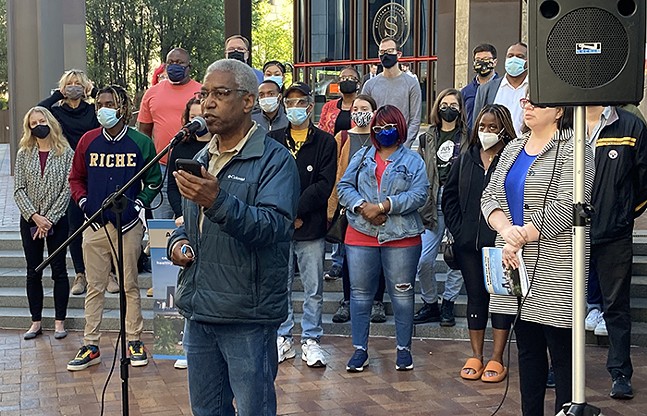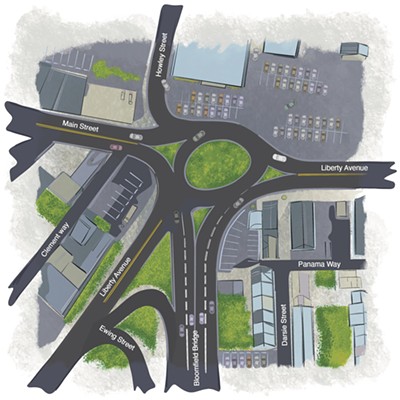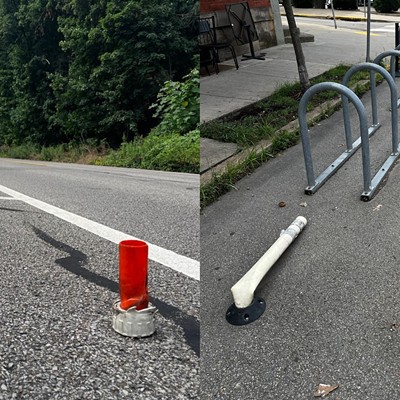
Pittsburgh United brought together a coalition of community, labor, faith, and environmental organizations for its “A New Day in the Neighborhood” report, which explains how even though UPMC is Pittsburgh’s biggest employer, there are ongoing workers rights violations and unfair wages at the handful of UPMC hospitals and facilities located within the city.
The report also gives recommendations on fixing all the issues UPMC has brought up in the city. Suggestions include allowing workers to organize unions in UPMC facilities without interference, raise minimum pay for service workers to $20 an hour immediately, eliminate medical debt for caregivers, and reconfigure UPMC's board of directors to improve the representation of workers and community care advocates, and to reflect Pittsburgh’s racial, gender and income diversity.
The report’s release comes just as Pittsburgh will soon see new leadership. State Rep. Ed Gainey (D-Lincoln Lemington) won the Democratic nomination for mayor this spring with the promise to revitalize a lawsuit that would challenge UPMC’s tax exemptions. Initially, then-Mayor Luke Ravenstahl filed the lawsuit, but outgoing Mayor Bill Peduto dropped that lawsuit to pursue his OnePGH plan.
At the conference, Pittsburgh City Councilor Erika Strassburger (D-Shadyside) said UPMC has racked up billions of dollars in revenue, and did acknowledged it has contributed some of that to the Pittsburgh community, but says their tax breaks and billions in profits prove they could contribute more to the community.
One report came from Christoria Hughes, a dietary worker at UPMC Presbyterian. The report illustrates Hudges as the first worker in Pittsburgh to publicly demand $15 an hour wage and to allow every service worker in UMPC to unionize on Feb. 20, 2013. However, UPMC declined to meet with her, and she was arrested and removed from the building. This event sparked UPMC employees starting their public fight for improvements for workers.
It wasn’t until this year that UPMC agreed to increase wages for employees. While new UMPC employees start at $15 an hour, the reports explain UMPC initially resisted the raises in 2014 and said increasing wages would be impossible.
Another effect Pittsburgh United reported was the struggle women and people of color deal at UPMC. The report explained Pittsburgh has the fourth-highest poverty for Black people out of all major U.S. cities, and claims the low wages UPMC gives their BIPOC workers contribute to significant rates of poverty in the city.
“UPMC is one of the largest employers of Black women,” said Pittsburgh United co-chair Carl Redwood. “At UPMC, Black workers, particularly Black women workers, are concentrated in the hospital jobs that pay their lowest wages.”


















